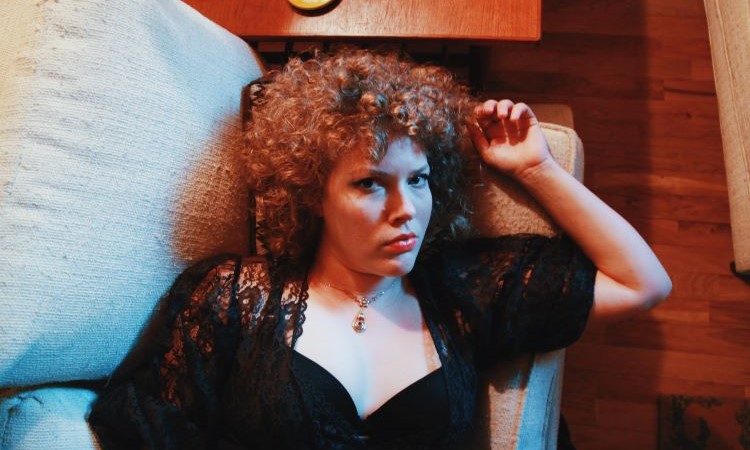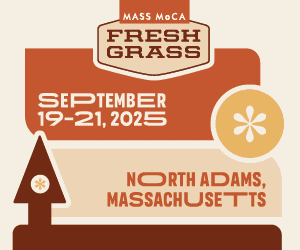Pride Month Spotlight: Seven Songs That Influenced Bonnie Whitmore

By Bonnie Whitmore, for Folk Alley
As part of Folk Alley’s Pride Month feature, we’ve asked a handful of LGBTQ+ artists to make a list of the songs or artists who most influenced them.
This list was written by Bonnie Whitmore and artist-written lists will be running throughout June, alongside the Pride-themed playlist in the Classic Folk stream.
In the late 1990s, I was an adolescent and each of these women I attribute to be a crucial part in influencing my musical foundation. Yes, there was also Tracy Chapman and Bonnie Raitt that pre-date them, but when I was really coming of age and entering into my music abilities, these were the songs and women who guided me.
Lisa Loeb and Nine Stories – “Sandalwood”
Terri Hendrix, Ruthie Foster, and Stacey Earle, in particular—I got to see them play in person and meet them. Mind you most of these situations were within the Texas Music scene, which is dominated by men. So to see any women was impactful. But what incredible talented women!
Ruthie Foster – “Home”
They were all kind of sexually ambivalent or tomboy-esque. I think it was sort of reflective of the times, but the impression was that they were there to share the beauty of well-written songs, not to entertain by their looks. Ruthie Foster was open about her sexuality as a lesbian, whereas Terri Hendrix and Kim Richey presented more as asexual, but the ambiguity of their sexuality was kind of moot.
Terri Hendrix – “Hole in My Pocket”
Kim Richey – “I’m Alright”
Though her brother Steve is more well-known, Stacey was 29 at the time and just starting a career in music! That was mind-blowing at the time. Her album, Simple Gearle, was so influential to me that I learned and played “In My Way” as if it were my own, for years.
Stacey Earle – “In My Way”
Each of these women spoke to my emotional experiences as well as gave guidance into the music I wanted to create for myself. They each taught me that there is no such thing as boundaries in subject or gender when it comes to creating and playing good music. They each broadened my mind and gave a larger perspective to what women in music can create. I owe them each so much.
Gillian Welch – “Caleb Meyer”
The Damnations – “No Stompin’ Around”





